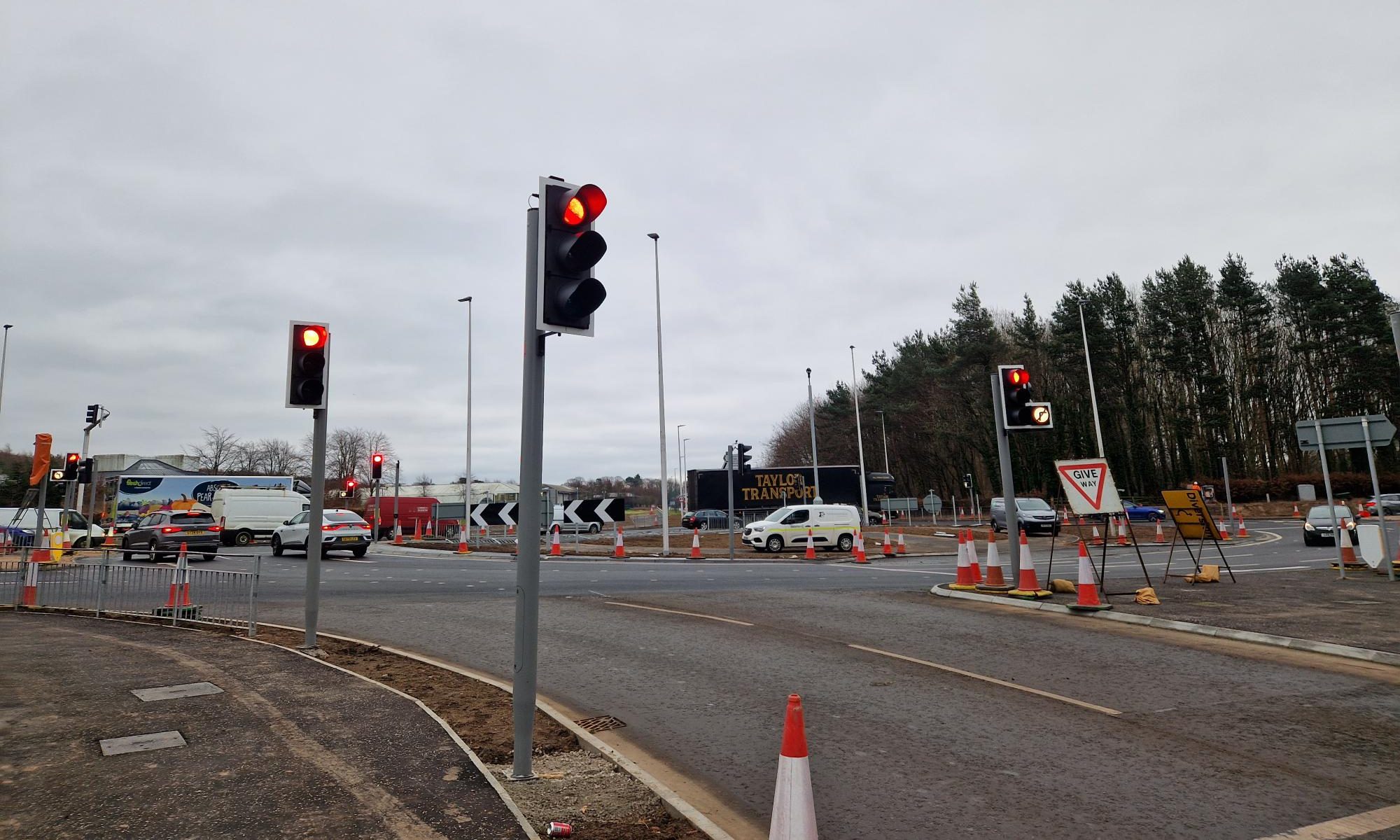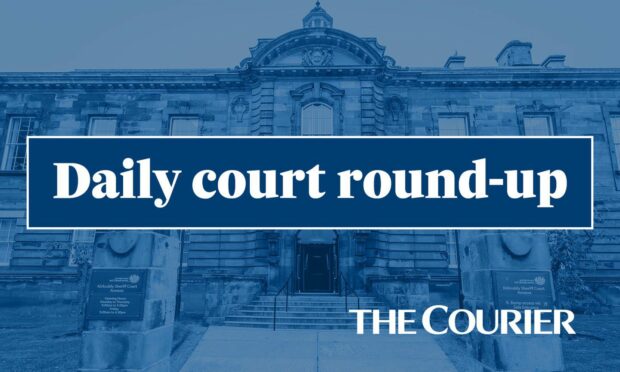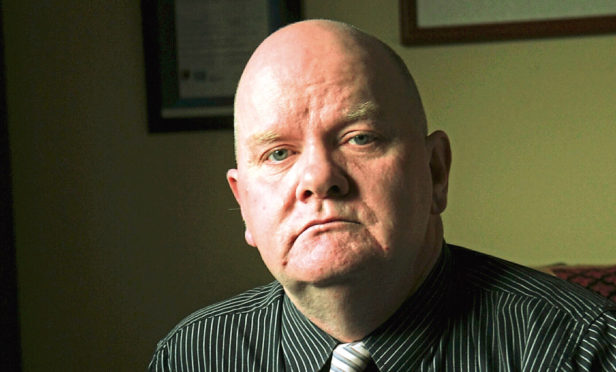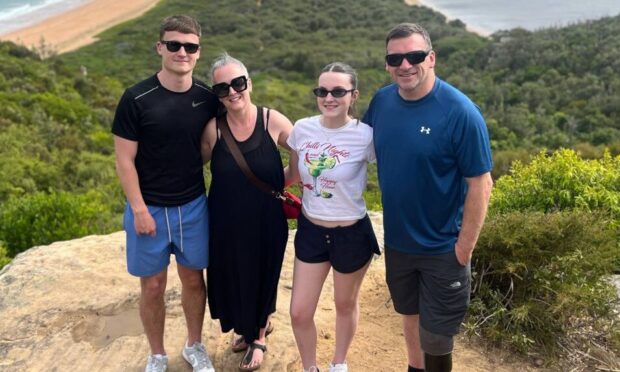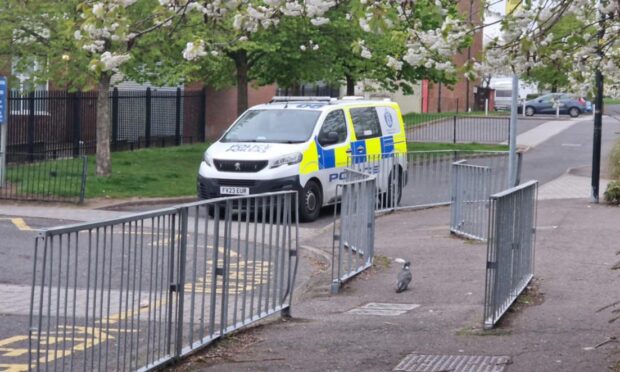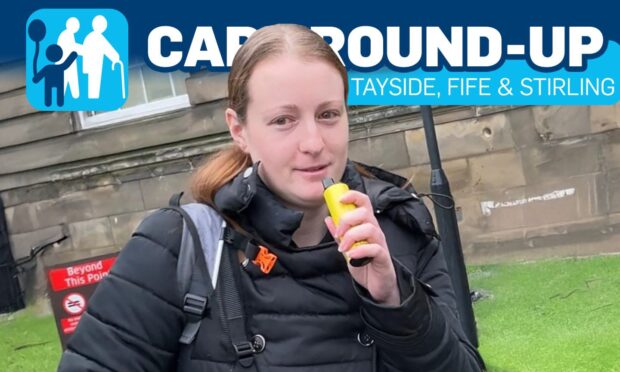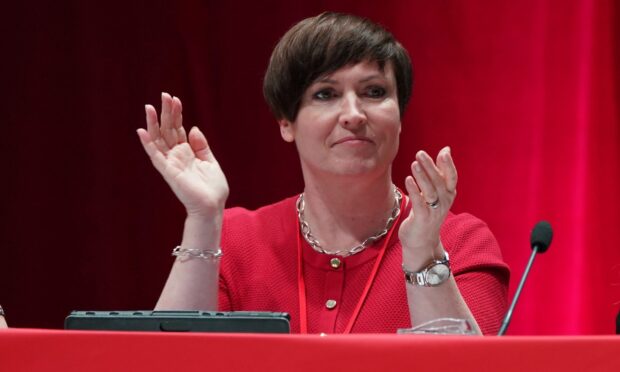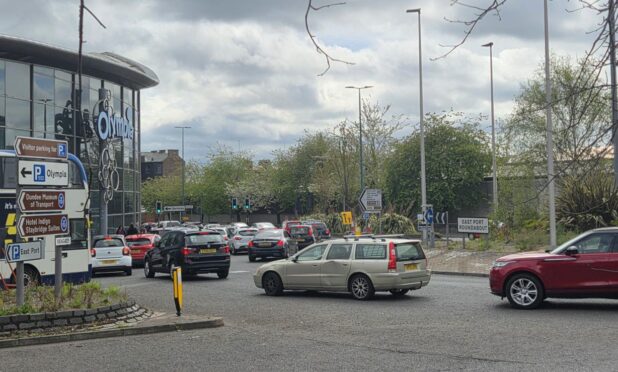Patients in Dundee with little grasp of English are relying on friends and family to translate medical issues to GPs.
It’s claimed such is the lack of trust in the interpreter service offered by NHS Tayside, ‘low level’ English speaking patients routinely ask friends and families to communicate for them at medical appointments.
In one extreme case, it’s said one woman attended her doctor surgery with her five-year-old grandchild who arranged with the GP in question for medicine to be prescribed.
Patients also periodically turn up to appointments to discover an interpreter fluent in an alternative langue has been booked, it’s said.
Caroline Mckenna, from Dundee International Women’s Centre, revealed she feels the current interpreter provision service is “fundamentally flawed”.
The claims follow similar complaints from members of Tayside Deaf Forum, who accused NHS Tayside of providing an unreliable interpreter service to deaf people.
Caroline said: “We have over 100 women who attend our centre weekly and our staff struggled to find anyone who even uses the NHS service now.
“It really is a poor situation. Interpreters themselves have expressed their disappointment.
“It actually wouldn’t take much to get it right. It is really frustrating.”
The Courier reported recently that members of Dundee’s deaf community have contacted the Scottish health secretary to express their dismay over NHS Tayside’s management of British Sign Language interpreter provision.
In a letter drafted by representatives of Tayside Deaf Forum and sent to the health board and health secretary Shona Robison, members have questioned the latest consultation process and accused NHS Tayside of leaving deaf people in the dark.
It is claimed local interpreters, who have already been left furious by NHS Tayside’s handling of services, were not invited to join the consultation.
One figure within the local deaf community branded NHS Tayside’s handling of the situation “a farce”.
A spokesperson for NHS Tayside said: “NHS Tayside is committed to the obligations and responsibilities under The Equality Act 2010 part of which is to ensure that we provide an interpretation service for patients where English isn’t their first language.
“We are still in the process of reviewing the interpretation and translation services.
“This will allow us to consider how we deliver and manage interpretation and translation services in the future. As part of this work, we are involving, engaging and consulting with a wide range of stakeholders across Tayside, including interpreters.
“We have also considered how services are provided in health Boards across Scotland. From this valuable feedback we will be able to ensure we can provide a high quality, patient centred interpretation and translation services.”

